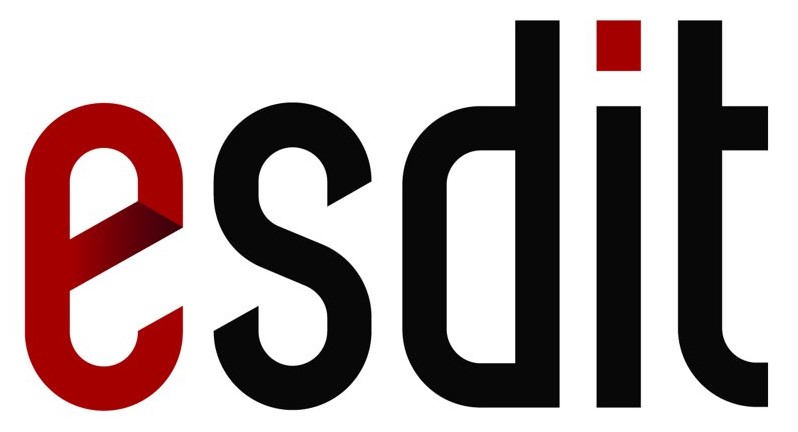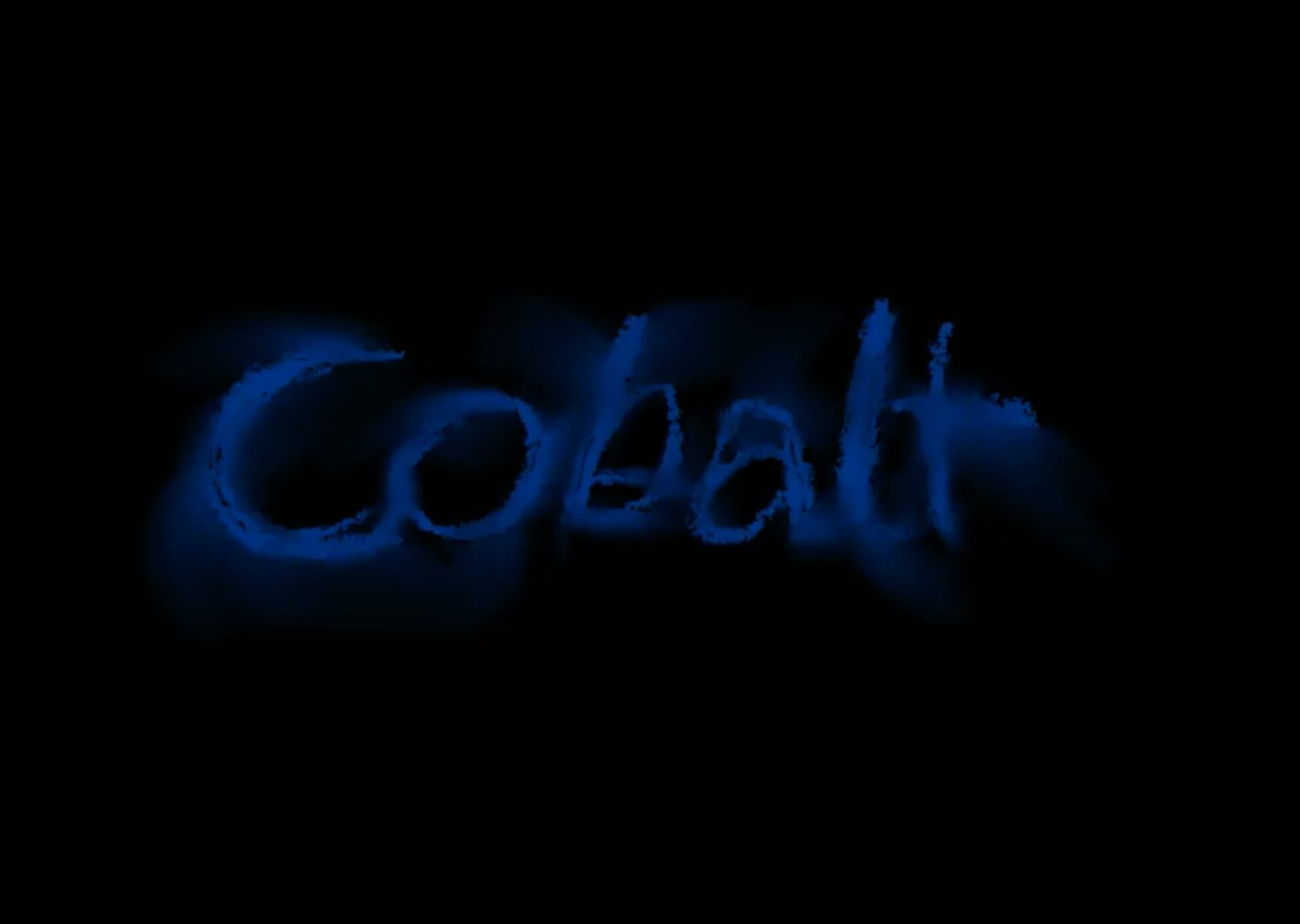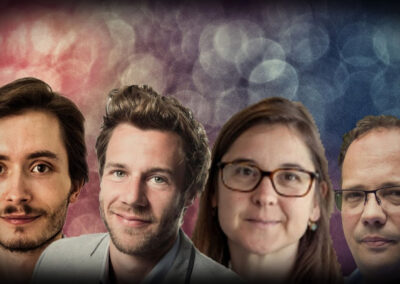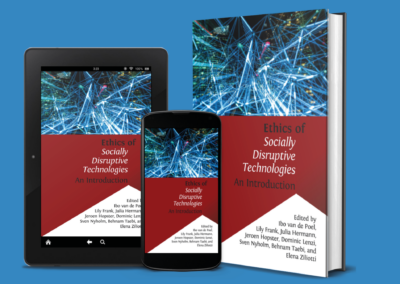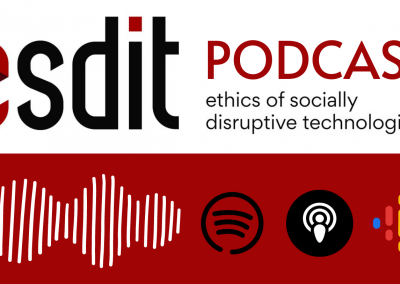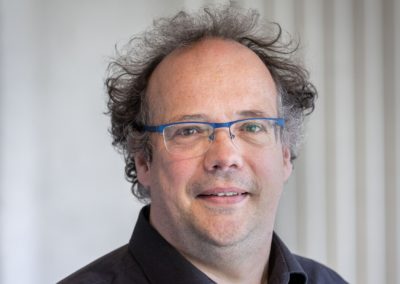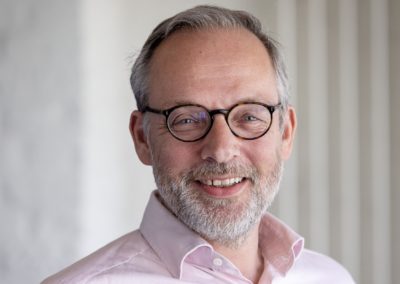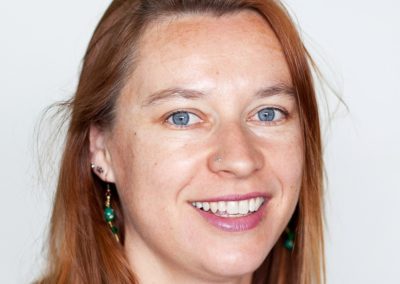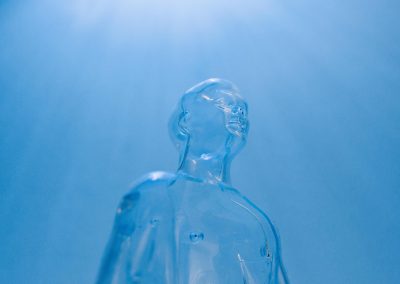Description of This Research Line
Some of the greatest challenges for humankind concern our relationship with nature and the environment. These include climate change, food insecurity, emerging diseases, and threats towards biodiversity and natural resources. Technological innovation will be essential to respond to and mitigate these problems. Such innovation sometimes must be disruptive in order to successfully change existing lifestyles, consumption, and economy to foster a sustainable society and circular economy. Yet, disruptive innovations give rise to many fundamental ethical questions. Moreover, these technological innovations challenge conceptual distinctions, such as between natural, unnatural, and man-made, and between technological and natural risk, which in turn raises fundamental questions in ethics.
In this research line Nature, Life & Human Intervention we aim to go beyond traditional discussions about the normative status of nature, e.g., whether there is something intrinsically good or desirable in nature and something objectionable in changing nature. The technologies we study disrupt such understandings and force us to rethink the human-nature relationship and to develop new perspectives.
We work on the following clusters of questions:
- How do new developments in biological engineering and environmental and sustainable technologies challenge basic moral concepts and beliefs? Which disruptions are required to address global challenges like climate change and to foster a circular economy and how can they be morally evaluated?
- How do these disruptions affect our relationship with nature and how do they challenge fundamental notions, such as the distinctions between natural/man-made; living/not-living; nature/culture; natural environment/societal environment? Do ethical frameworks, theories, and concepts in ethics of technology, bioethics, and environmental philosophy have to be adjusted given these disruptions? Do we have moral reasons to avoid some of those disruptions?
- How can ethical and philosophical reflection contribute to a new model of the human-nature relationship and to new paradigms of control over nature? Under what conditions can natural processes and phenomena have normative implications? Which ethical frameworks and procedural approaches can guide technological design, responsible innovation, and governance of SDTs?
Related Projects
Philosophical and ethical implications of biomimetic technologies [2021-2025]
PhD candidate: Alessio Gerola (alessio.gerola@wur.nl)
Daily supervisor: Dr. Zoë Robaey (zoe.robaey@wur.nl)
Supervisor: Prof. Dr. Vincent Blok (vincent.blok@wur.nl)
Project Description
Designers are increasingly turning to nature in search for inspiration to design new and more sustainable technologies. Biomimetic design (from the Greek bios, life, mimesis, imitation) is the conscious imitation of biological models to solve today's technical and ecological challenges. Biomimetic technologies are typically considered more sustainable than their counterparts since they imitate the circular and multifunctional features that natural organisms and ecosystems have evolved over billions of years. Such ecological promise, however, is complicated by a variegated landscape of different disciplines (biomimicry, biomimetics, bionics, agroecology etc.) that imitate natural models and principles in different ways and for very different reasons. Motivations can range from innovative functions and improved performance to resilience and sustainability. The aim of the project is to reflect on the implicit conceptual and normative assumptions about nature, imitation, and technology that drive different biomimetic design trends. At stake are the ambiguity of biomimetic design in relation to the risk of replacing nature with an artificial copy, and its potential and limits as a paradigm for sustainable technology.
The social and moral complexities of water recycling [2021-2025]
PhD candidate: Karen Moesker (k.moesker@tudelft.nl)
Daily supervisor: Prof. Dr. Neelke Doorn (n.doorn@tudelft.nl)
Co-supervisors: Dr. Udo Pesch (u.pesch@tudelft.nl)
Project Description
Water is the most fundamental good for the survival of humans and any other living organism on this planet. Increasing water demand due to growing populations and climate change has put a strain on global water resources.
In response to this challenge, water recycling systems like Direct Potable Water Reuse (DPR) have emerged as a potential solution. The aim is to enhance access to safe drinking water while reducing reliance on conventional water sources and minimizing pollution and our carbon footprint. Although DPR technology is already being utilized in certain regions, it remains a subject of controversy. The reason behind this lies in its disruptive nature – DPR combines two water streams that have been strictly separated for centuries: drinking water and wastewater.
There seems to be an imbalance between the perceived goodness of the technology and its disruptive nature that generally leads to public rejection of this technology. Nevertheless, its implementation is being proposed in many arid regions, with the promise of increasing water availability and thereby improving the human right to water and sanitation, even in regions with strong public opposition.
The primary objective of this PhD dissertation is to comprehend the intricate social and moral aspects of water recycling technologies like DPR. By doing so, the aim is to gain deeper insights into how to address concerns about acceptance, acceptability, and desirability within ongoing debates surrounding the sustainable implementation of such water recycling technologies.
Disrupting Finitude: Flourishing and Nature [2022-2025]
Post-doc: Dr. Lorina Buhr (l.buhr@uu.nl)
Daily supervisor: Dr. Christopher Warehem (c.s.wareham@uu.nl)
Co-supervisors: Prof. Dr. Joel Anderson (j.h.anderson@uu.nl) and Dr. Bernice Bovenkerk (bernice.bovenkerk@wur.nl)
Project Description
The aim of this postdoc project is to investigate the research question: “To what extent are disruptions of finitude detrimental to the flourishing of animals, humans, or the natural world, and how do related technologies challenge our understanding of irreversibility, finitude and flourishing?”
Recent technological developments are disrupting finitude, challenging the very idea that death is inevitable or final. Technologies that, for instance, extend lifespan or resurrect extinct species invite interrogation, and perhaps reconceptualization, of finitude and its relationship to the ethical value of flourishing for humans, animals, and the natural world.
In ethics, finitude has a complex relationship to flourishing. On the one hand, death curtails possibilities for future flourishing. On the other hand, flourishing lives for humans and non-human animals are commonly thought to have a characteristic structure, with natural cycles of birth, reproduction, and death framing the evaluation. Moreover, birth and death in nature arguably drive natural flourishing through evolution and natural selection. Technologies that disrupt finitude place a strain on these relationships and problematise the concepts of irreversibility, flourishing and the natural.
Of the technologies that challenge finitude, two categories of technology are particularly relevant: (1) life extensions, which disrupt the finitude of individuals, and (2) extinction and de-extinction technologies, which disrupt the finitude of plant and animal species or natural entities such as glaciers. The project’s focus is on technologies for de-extinction. This postdoctoral project will provide ontological, conceptual and normative analysis of them, problematising the relations between irreversibility, finitude, flourishing, and the natural world.
Governance of geoengineering in the face of normative uncertainties [2020-2024]
PhD candidate: Benjamin Hofbauer (b.hofbauer@tudelft.nl)
Daily supervisor: Prof. Dr. Benham Taebi (B.Taebi@tudelft.nl)
Co-supervisors: Dr. Udo Pesch and Prof. Dr. Ibo van de Poel
Project Description
Geo-engineering, more specifically Solar Radiation Management (SRM), is the deliberate manipulation of sunlight that could alleviate some of climate change concerns. This gives rise to profound and irreversible risks and engenders many uncertainties, including uncertainties in how to deal with normative quandaries when there are different partially morally defensible but incompatible options. Current concepts of risk and risk governance are insufficient in capturing the necessary ethical intricacy. We need a richer account to address the subtle yet extensive normative issues associated with risk decisions regarding SRM.
The objective of this project is to develop a fine-grained conceptualization of normative uncertainties, while identifying and developing risk governance approaches that are most suitable for dealing with these uncertainties.
Synthetic life and living technology – transcending dichotomies with synthetic biology [2020-2024]
PhD candidate: Julia Rijssenbeek (julia.rijssenbeek@wur.nl)
Daily supervisor: Dr. Zoë Robaey (zoe.robaey@wur.nl)
Supervisor: Prof. Dr. Vincent Blok (vincent.blok@wur.nl)
Project Description
Synthetic biology presents us with a pressing case to transcend traditional disciplinary boundaries and concepts. The rapidly developing field is bringing forth novel biological entities that are leaving the laboratory and entering society in a variety of applications ranging from food, drugs, materials, to fuel. Synthetic biology claims to be relevant to the grand challenge of climate change, by creating bio-based alternatives for unsustainable ways of production. Still, environmental philosophy is not so much concerned with synthetic entities and their ecological role, while philosophy of technology tends to exclude the environment from its debates. The transgressive nature of synthetic biology demands reflection from both domains.
On an ontological level, thinking about technology is often confined to an old image of machines as homogenous and repetitive automata, an image that is at the same time often guiding our thinking about life forms. Meanwhile, technological innovations are increasingly inspired by biology. The hybrid entities of synthetic biology require us to think beyond the machine paradigm and its associated traditional dichotomies between biology and technology, organisms and machines, life forms and artefacts, natural and artificial. Especially since in practice, these dichotomies are already transcended.
On an ethical level, synthetic biology invites us to reflect on the effect on values that are key to the domains it is about to disrupt, such as the values of naturalness and sustainability in agriculture. The advent of cellular agriculture can exacerbate the ecology-ecomodernism debate if these values are not reflected on in the design process. In addition, synthetic life and living technologies raise questions about the moral status of these new hybrid entities.
Related Publications
Philosophical Reflections on the Concept of Innovation Book Chapter
In: Godin, Benoît; Gaglio, Gérald; Vinck, Dominique (Ed.): Chapter 20, pp. 354-367, Edward Elgar Publishing, 1, 2021, ISBN: 9781789902297.

The Ethical Challenges of Innovation Journal Article
In: Science and Engineering Ethics, vol. 27, iss. 3, no. 31, 2021.

Deep Transitions in our food system Journal Article
In: EurSafe News, vol. 23, 2021.
In: Human Affairs, vol. 30, iss. 4, pp. 499-511, 2020.
Related Events
ESDiT & 4TU Ethics Conference Rethinking Ethics – Reimagining Technology

Join us at the Conference Rethinking Ethics – Reimagining Technology on 2-4 October 2024 at the University of Twente! Co-organized by ESDiT and 4TU Ethics (Centre for Ethics and Technology), the Conference aims to investigate what philosophy and ethics of technology mean today. It will gather scholars working on philosophy and ethics of technology and […]
People Involved
Coordination team
Participants
| Prof. dr. Vincent Blok |
| Keje Boersma |
| Dr. Bernice Bovenkerk |
| Dr. Lorina Buhr |
| Dr. Andrea Gammon |
| Alessio Gerola |
| Prof. dr. Maarten Hajer |
| Benjamin Hofbauer |
| Dr. James Hutton |
| Dr. Dominic Lenzi |
| Dr. Franck Meijboom |
| Karen Moesker |
| Dr. Udo Pesch |
| Dr. Alexandria Poole |
| Julia Rijssenbeek |
| Dr. Zoë Robaey |
| Dr. Mark Ryan |
| Prof. dr. Behnam Taebi |
| Prof. dr. Ibo van de Poel |
| Prof. dr. John van der Oost |
| Prof. dr. Mark van Loosdrecht |
| Prof. dr. Detlef van Vuuren |
| Dr. Eveline Verhulst |
| Dr. Christopher Wareham |
| Dr. Jochem Zwier |
